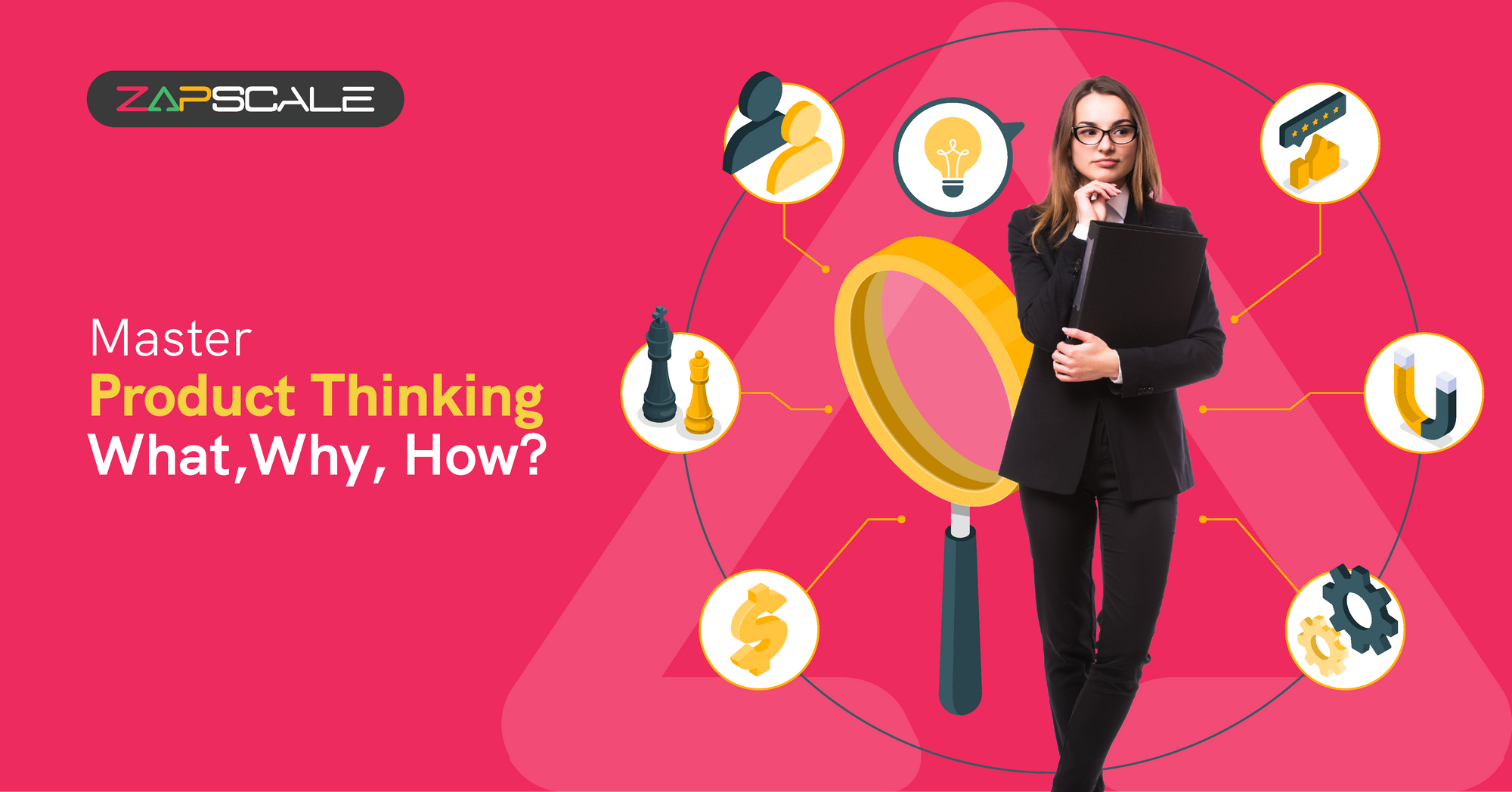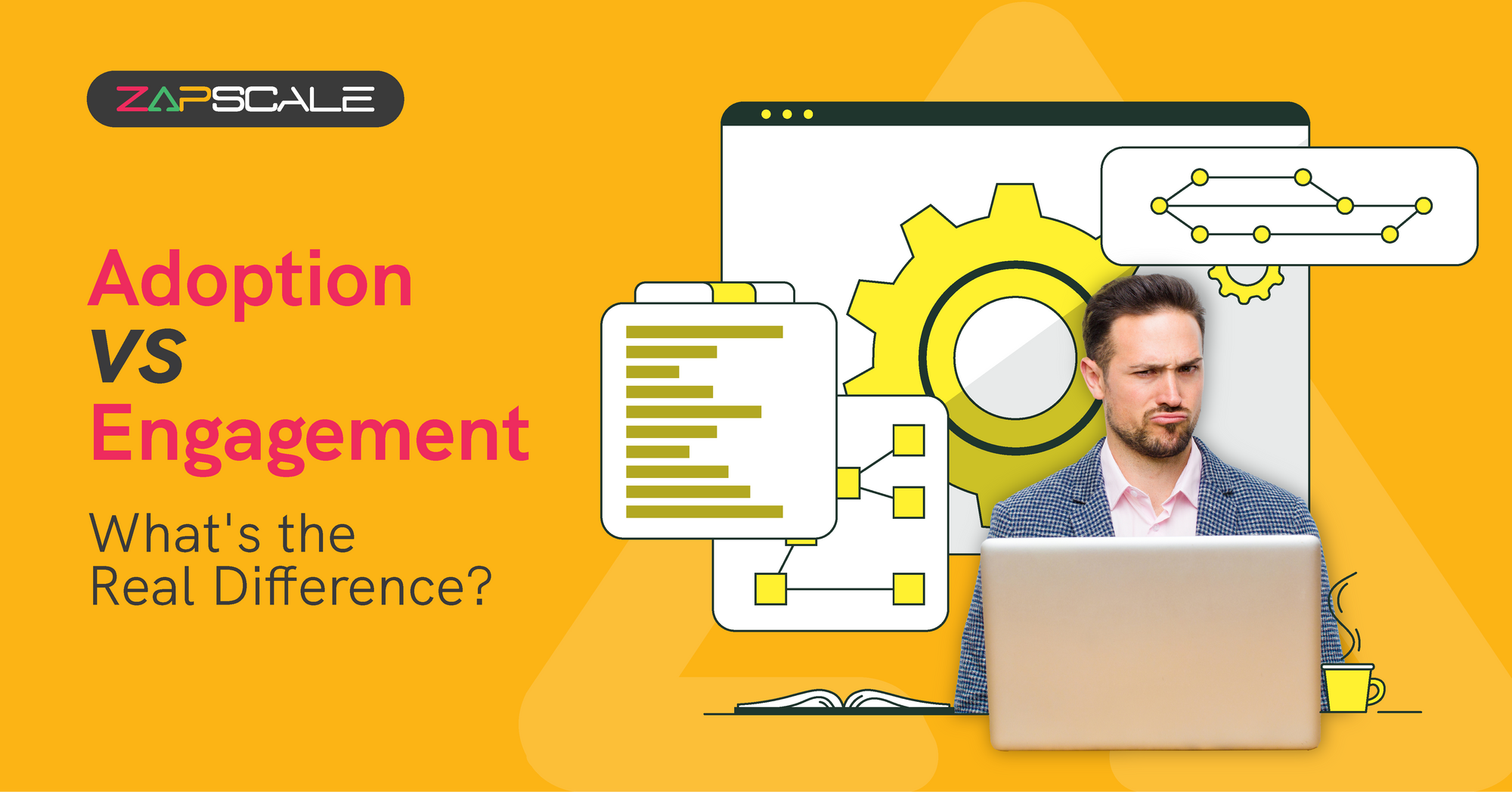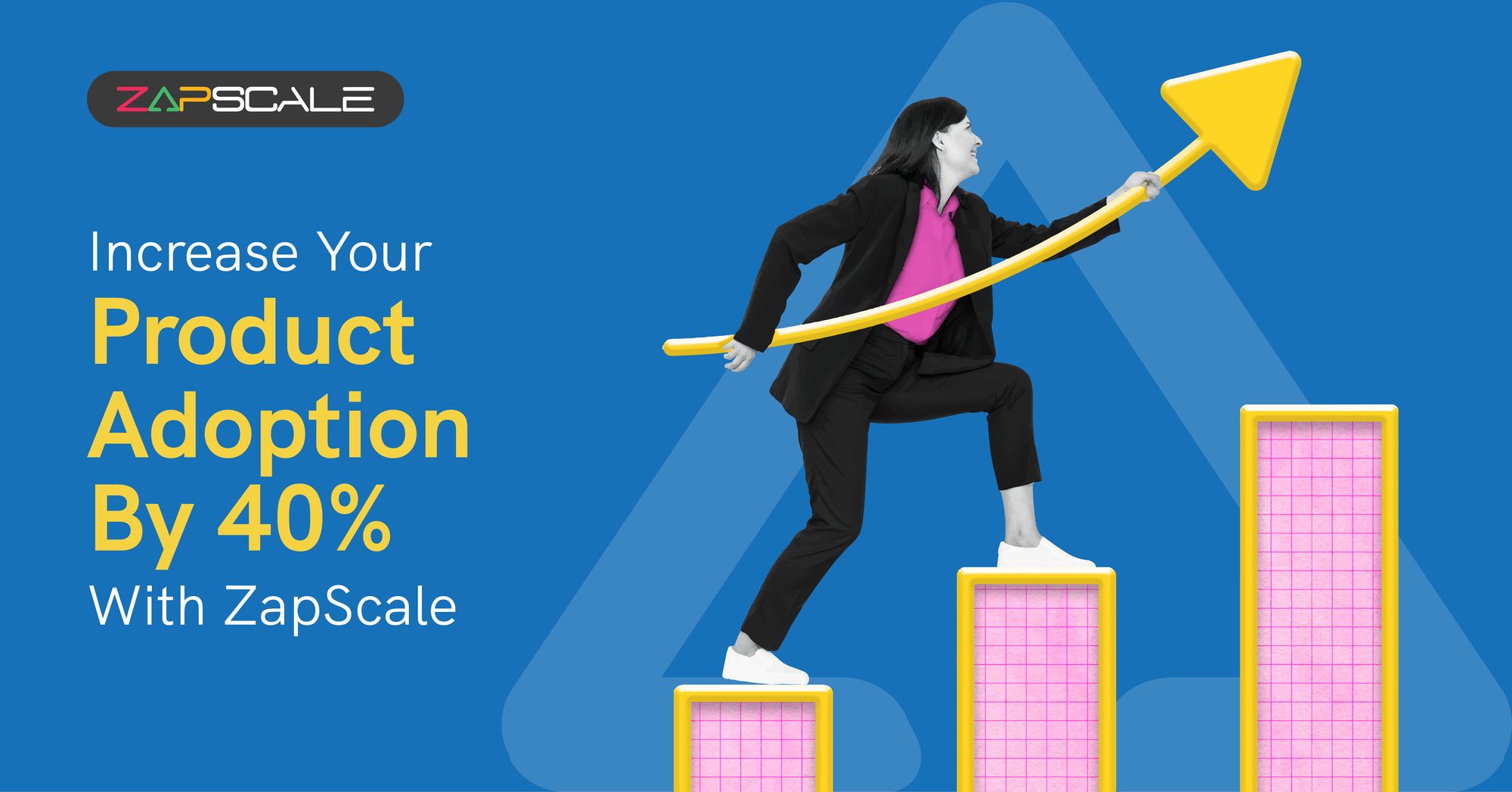CATEGORY > Customer Success Management
Transform SaaS Customer Success With Predictive Analytics
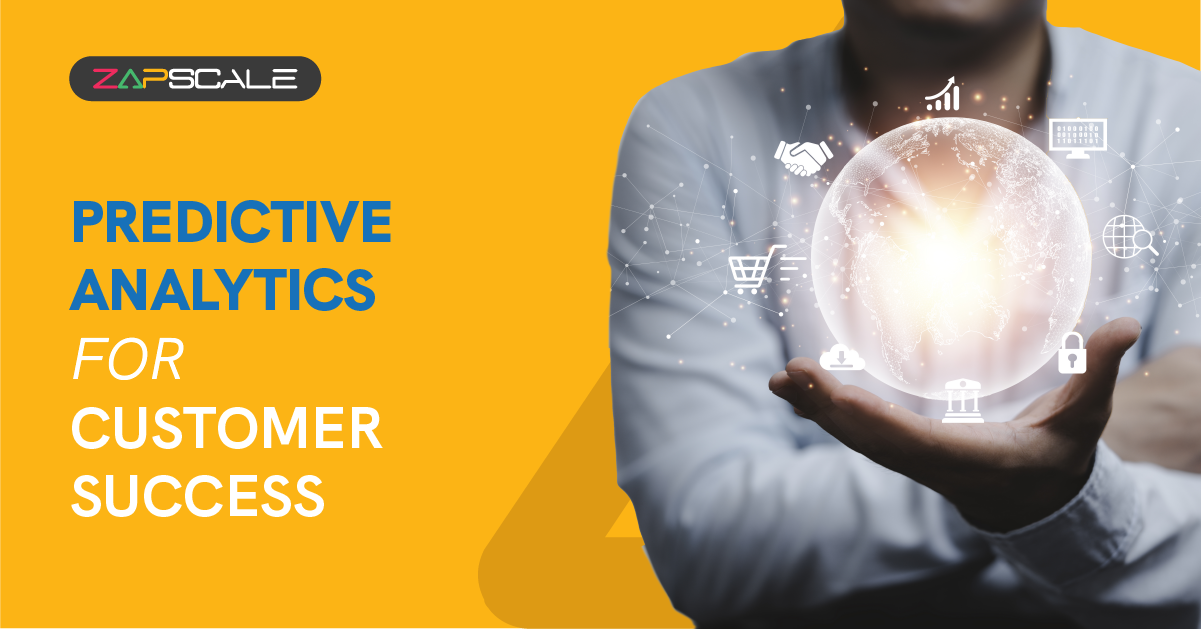
Ever feel like you're constantly on the customer success hamster wheel? You spend all this time acquiring customers, nurturing them with care, and then – poof! They vanish into the digital ether.
It's enough to make you want to chuck your laptop out the window (please don't, those things are expensive!).
But what if I told you there's a way to see into the future, well, sort of? Not a palm-reading, tea-leaf-consulting kind of future, but a data-driven, prediction-making future.
That's where the mighty power of predictive analytics for customer success comes in. It's like having a crystal ball for your customer base, helping you understand who's likely to become a loyal fan and who might be on the verge of saying "sayonara."
Imagine being able to identify potential problems before they even arise, or spot upsell opportunities before your customers even know they need that extra feature.
Pretty cool, right?
Here's a breakdown of what predictive analytics brings to the table for customer success in SaaS:
What Is Predictive Analytics For Customer Success?
By tapping into the treasure trove of data you have on your customers (their login habits, how they use your features, even their support interactions), predictive analytics leverages historical customer data, statistical algorithms, and even machine learning to anticipate future customer behavior.
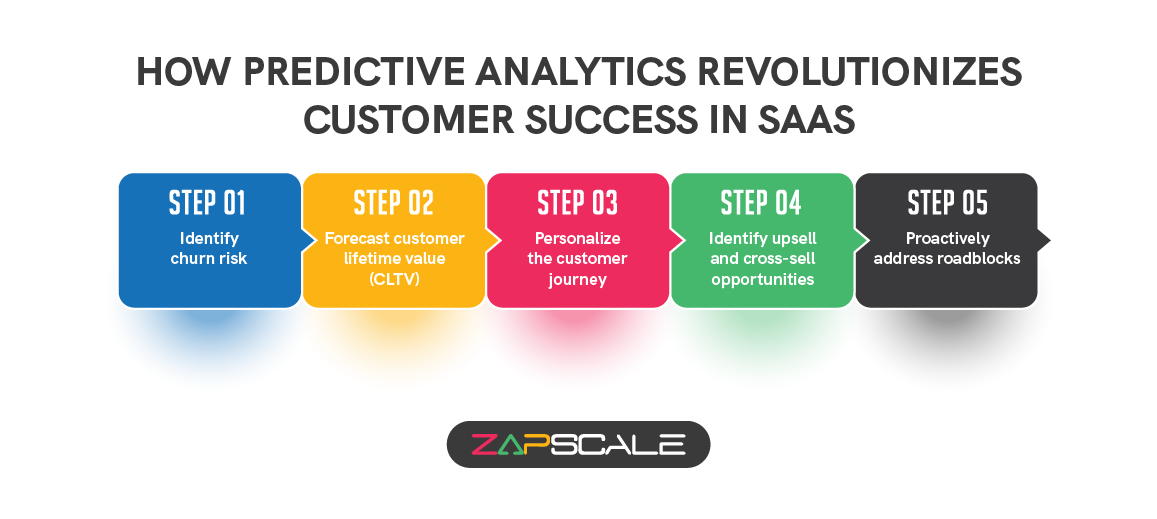
In the context of SaaS customer success, it allows you to:
1. Identify Churn Risk
Predict which customers are at a high risk of canceling their subscriptions and take proactive steps to retain them.
2. Forecast Customer Lifetime Value (CLTV)
Estimate the potential revenue a customer might generate over their lifetime with your product.
3. Personalize The Customer Journey
Tailor your communication and engagement strategies based on customer needs and predicted behavior.
4. Identify Upsell And Cross-sell Opportunities
Pinpoint customers who might benefit from additional features or higher tiers of your service.
5. Proactively Address Roadblocks
Predict potential challenges customers might face and provide support before issues arise.
Types of Predictive Analytics Models for SaaS Customer Success
There are several types of models used in predictive analytics for SaaS customer success, each with its strengths.
Let's talk about some of the predictive analytics models:
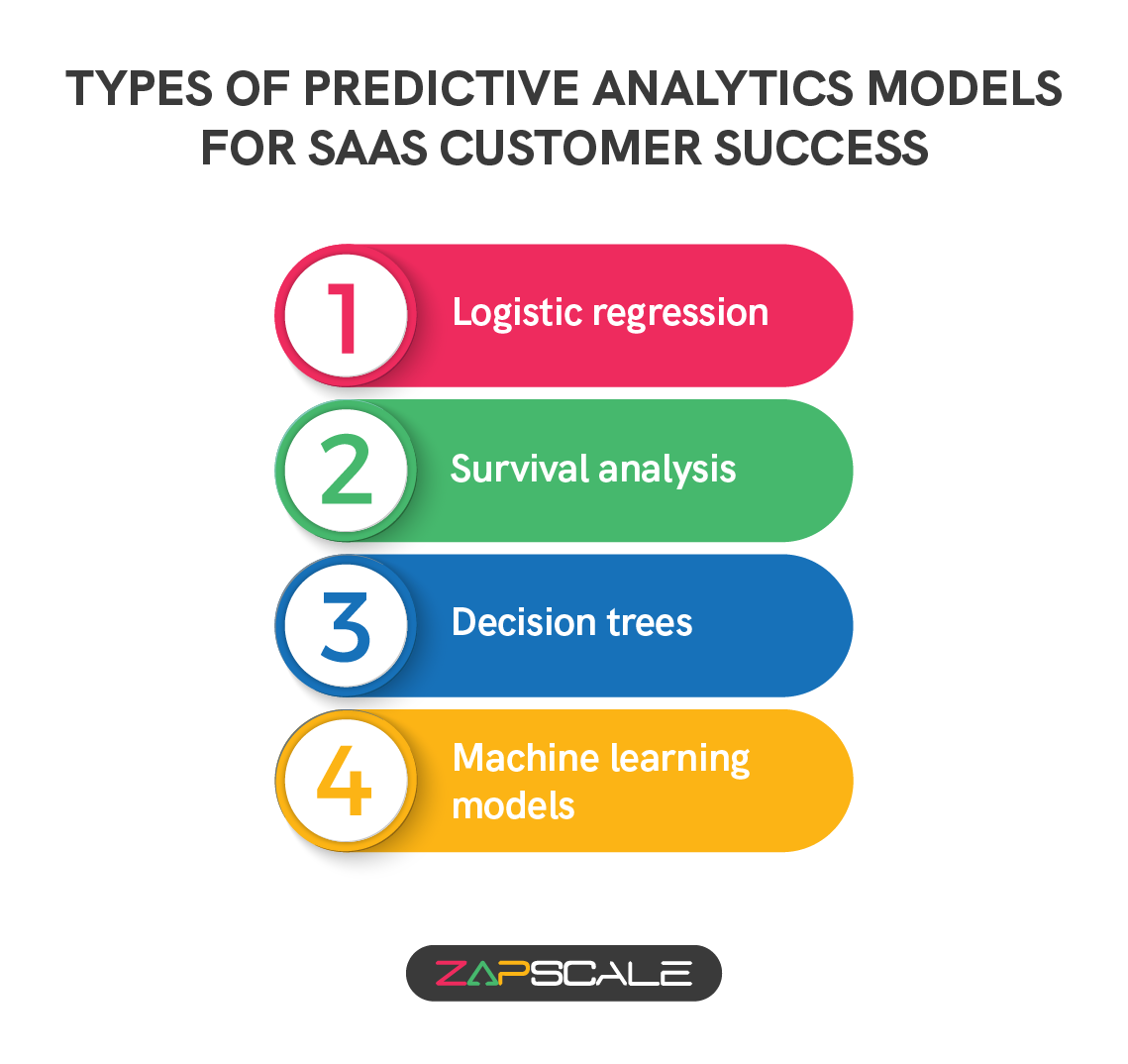
1. Logistic Regression
This one's like a detective, sifting through all your customer data (logins, support tickets, the whole kit, and kaboodle) and analyzing historical patterns on customer behavior and churned accounts. This is a common technique for identifying churn risk.

2. Survival Analysis
This one goes beyond "at risk" and predicts how long a customer will likely stick around. It estimates the probability of a customer remaining subscribed for a specific timeframe.
3. Decision Trees
This one creates a branching roadmap based on customer behavior. Did a customer just use a specific feature? Did they have a positive interaction with support?
The model analyzes these choices and predicts where that customer's journey might lead. This approach creates a tree-like structure to identify key factors that influence customer behavior toward becoming a loyal user or potentially heading for the exits.
4. Machine Learning Models
More advanced models can analyze vast amounts of data and identify complex relationships between variables, leading to more accurate predictions.
Use Cases For Predictive Analytics In SaaS
Here are some specific examples of how SaaS companies can leverage predictive analytics to achieve customer success goals:
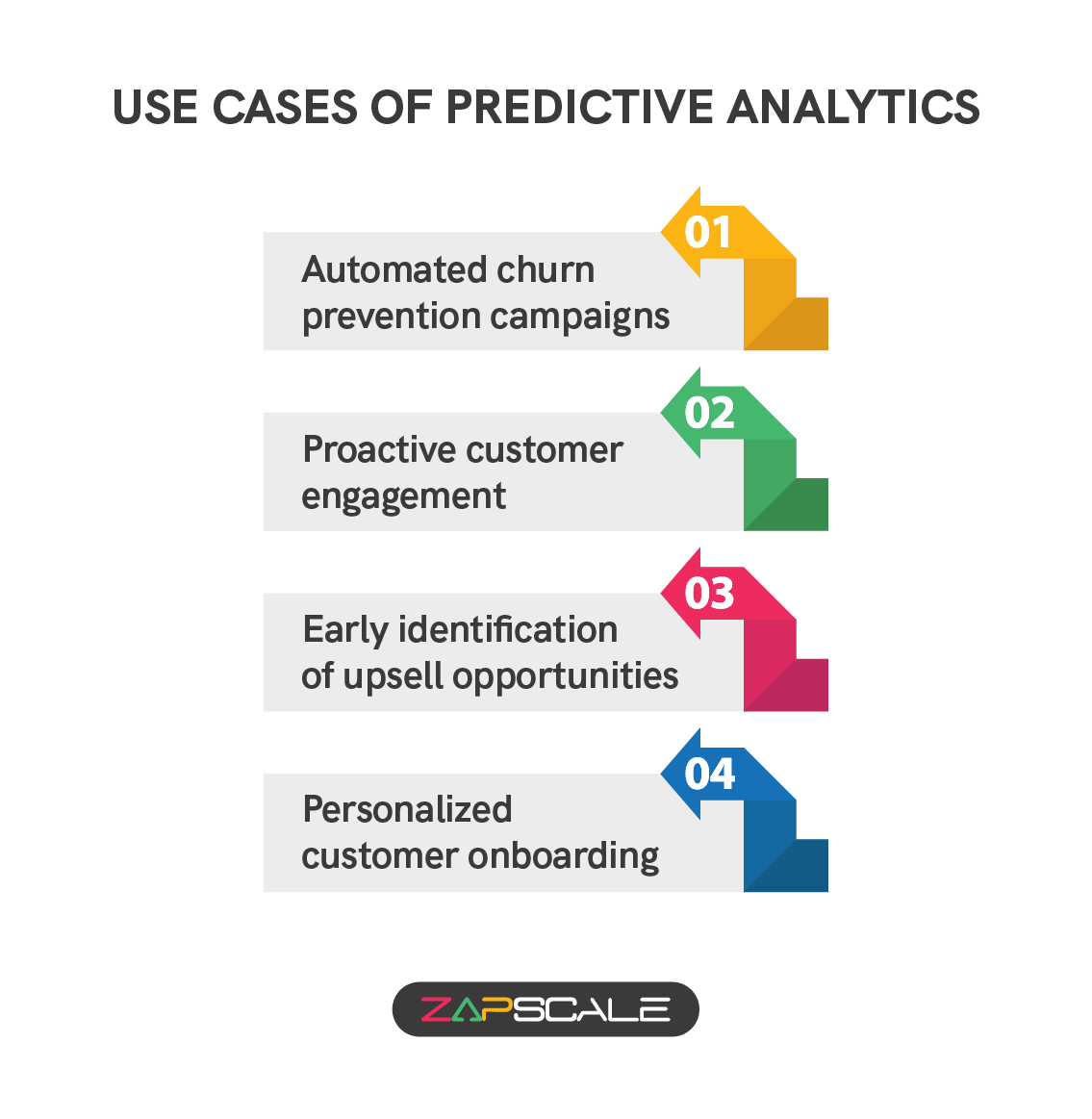
1. Automated Churn Prevention Campaigns
Use predictive analytics to identify customers at risk of canceling before they even think about it. Then, unleash your personalized support skills and targeted incentives to turn those frowns upside down and keep them on board!
2. Proactive Customer Engagement
Predict potential roadblocks customers might face before they even arise. Did a specific feature just trigger a spike in support tickets? Jump in with helpful resources or explainer videos before frustration sets in.
3. Early Identification Of Upsell Opportunities
Identify customers who are getting the most out of your product and might be ready for more. Use predictive analytics to suggest upsells or cross-sells that perfectly match their needs, maximizing their value and your revenue.
4. Personalized Customer Onboarding
Tailor onboarding experiences for new customers based on what the data predicts about their needs and behavior patterns. No more one-size-fits-all approaches!
Benefits Of Using Predictive Analytics For Customer Success
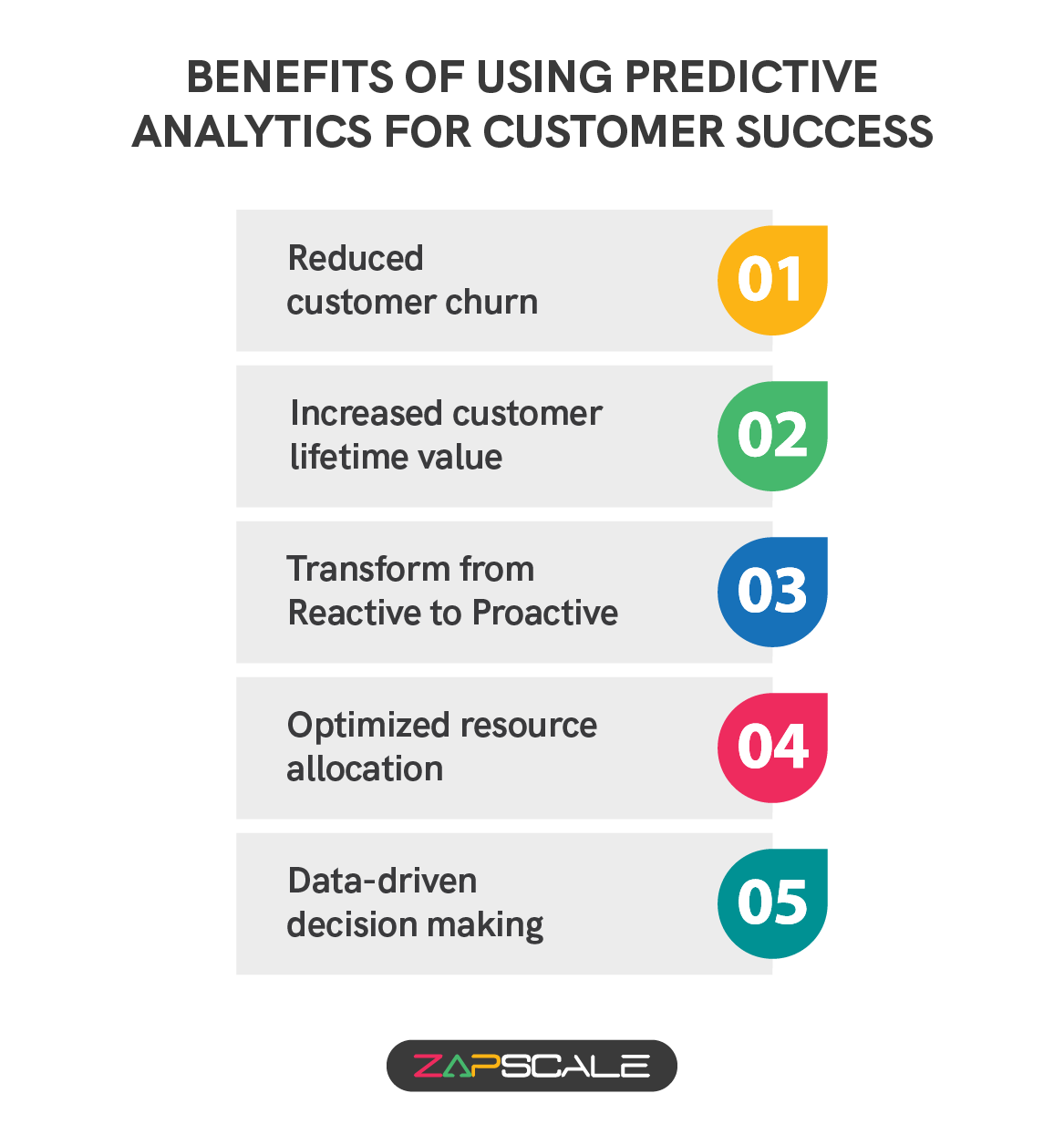
By implementing predictive analytics, SaaS companies can experience a range of benefits, including:
1. Reduced Customer Churn
Imagine slashing customer churn rates and keeping your hard-earned customers on board. Predictive analytics helps you identify at-risk customers early on, allowing you to intervene with personalized support and targeted solutions before they hit the unsubscribe button. This translates to a happier customer base and a more stable revenue stream for your business.
2. Increased Customer Lifetime Value
With predictive analytics, you can identify customers who are primed for upsells and cross-sells. Think of it like unearthing hidden treasure within your existing customer base. By recommending features or higher tiers that perfectly align with their needs, you can increase the overall value they derive from your product, leading to a significant boost in CLTV.
3. Transform From Reactive To Proactive
Ditch the fire-drill approach to customer success!
Predictive analytics empowers you to anticipate potential issues before they become problems. Did a specific feature trigger a surge in support tickets in the past? Use this insight to proactively reach out to new users with helpful resources or explainer videos, preventing frustration and boosting overall customer satisfaction.
4. Optimized Resource Allocation
Predictive analytics equips you with data-driven insights on where to focus your customer success efforts for maximum impact. No more wasting time and resources on generic outreach. Instead, you can tailor your approach to the specific needs of different customer segments, ensuring you're providing the right kind of support at the right time.
5. Data-Driven Decision-Making
Stop relying on gut instinct and embrace the power of data!
Predictive analytics provides concrete insights into customer behavior, allowing you to make informed decisions about your customer success strategy. This data-driven approach leads to more effective strategies and ultimately, a more successful business.
Tools That Customer Success Teams Can Use For Predictive Analytics
Customer success teams can leverage a variety of tools to implement predictive analytics and gain valuable insights for proactive customer engagement.
Here's a breakdown of some key options:
1. Customer Relationship Management (CRM) Platforms
Many CRM platforms, like Salesforce or HubSpot, offer built-in analytics functionalities.
These can analyze customer data within the CRM system, including historical interactions, support tickets, and usage patterns.
This data can then be used to identify trends and predict future behavior, such as churn risk or upsell opportunities.
2. Customer Success Management (CSM) Platforms
Dedicated CSM platforms, like ZapScale, Totango, or Gainsight, are specifically designed for customer success teams. These platforms go beyond basic CRM functionalities and offer advanced analytics features.
They can integrate data from various sources, including CRMs, billing systems, and product usage data.
This allows for more sophisticated customer segmentation, churn prediction, and even sentiment analysis to understand customer satisfaction levels.
3. Business Intelligence (BI) Tools
BI tools like Tableau or Power BI provide a wider lens for analyzing customer data. They can integrate data from various sources, including customer success platforms, marketing automation tools, and even social media. This allows for a more holistic view of the customer journey and can help identify patterns that might not be apparent within isolated datasets.
4. Predictive Analytics Software
Specialized predictive analytics software, like Sisense or H2O.ai, offers advanced modeling capabilities. These tools can handle complex datasets and utilize machine learning algorithms to generate highly accurate predictions. While these can be powerful, they often require more technical expertise to implement and maintain.
5. Other Useful Tools
1. Customer Data Platforms
CDPs help unify customer data from various sources, creating a centralized customer profile. This can be beneficial for feeding data into other analytics tools for a more comprehensive customer understanding.
2. Data Visualization Tools
Tools like Looker or Domo can help transform complex data into easy-to-understand dashboards and reports. This allows customer success teams to quickly visualize key metrics and identify trends without needing in-depth data analysis expertise.
Choosing The Right Tool is Important
The best tool for your customer success team will depend on several factors, including:
1. Budget
Basic analytics functionalities might be available within your existing CRM platform. More advanced predictive analytics software can be quite expensive.
2. Technical Expertise
Some tools require a higher level of technical knowledge to implement and utilize effectively.
3. Data Volume And Complexity
The complexity of your data and the volume of data you need to analyze will influence the capabilities you need in your chosen tool.
Conclusion
In conclusion, predictive analytics is a powerful tool that can transform your approach to customer success in the SaaS industry.
By leveraging data and insights, you can proactively identify at-risk customers, personalize the customer journey, and ultimately drive long-term customer success and business growth.
ABOUT THE AUTHOR
Popular from Customer Success Management
Quality Content,
Straight To Your Inbox!
Subscribe for the latest blogs, podcasts, webinars, and events!

Write a Blog
If you have experience in CS and
a flair for writing, we’d love to
feature you.
Write to us on
hello@zapscale.com
